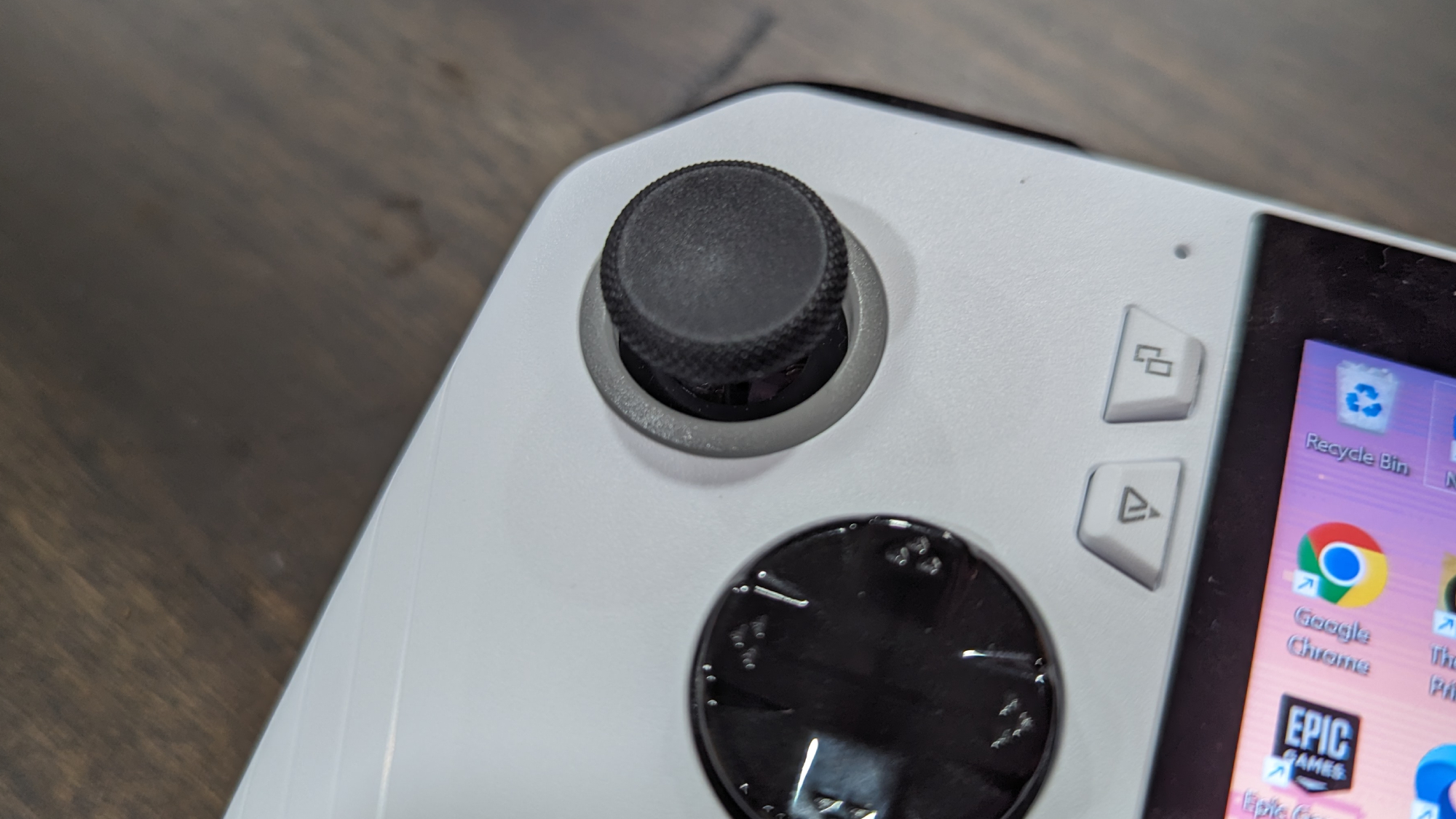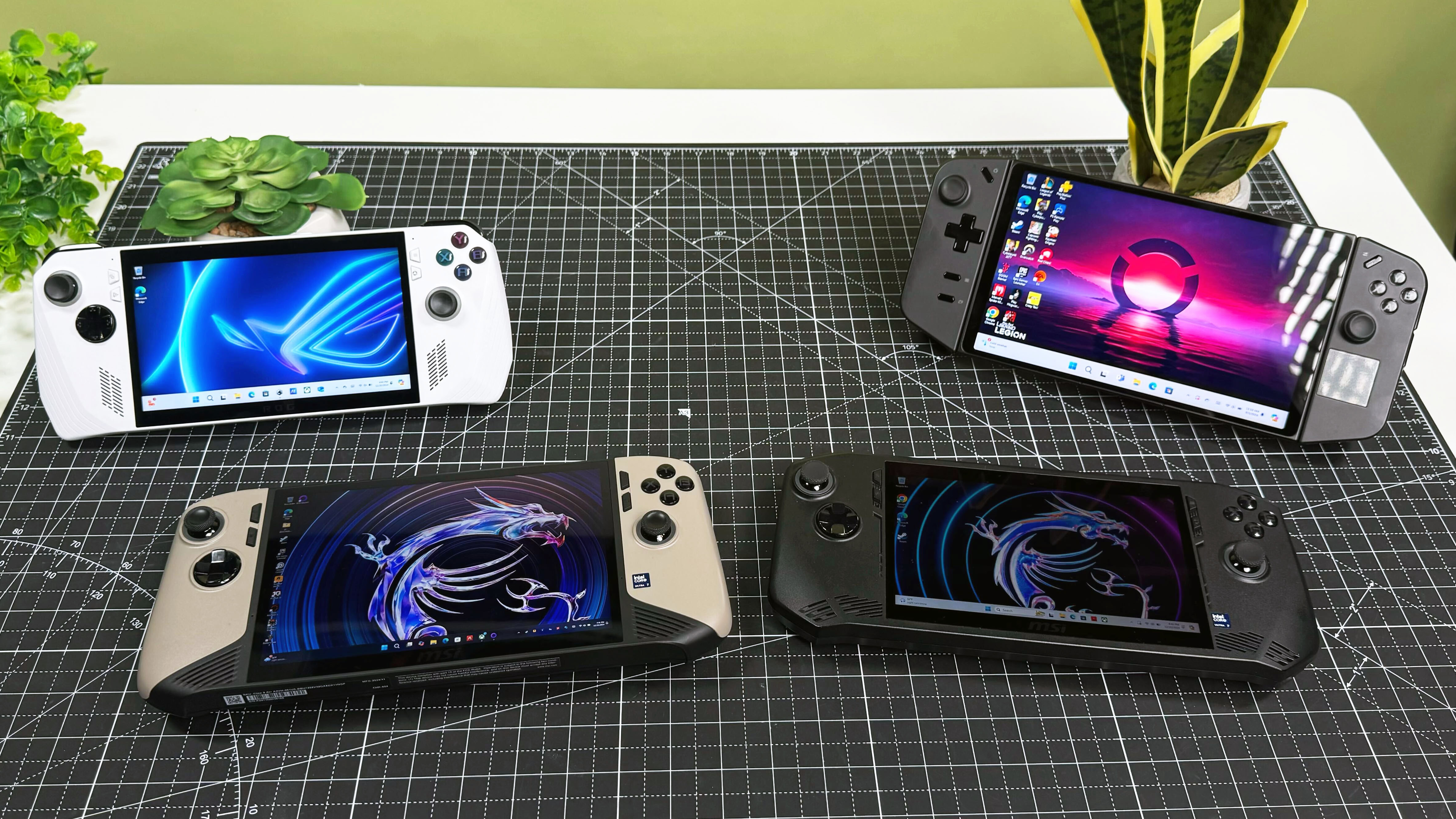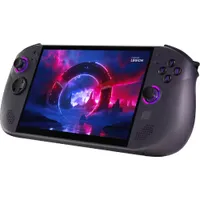Microsoft wants to win the handheld gaming war by no longer making one
Better Windows 11 optimization for handhelds is great, but is that enough?

The gaming industry is notoriously volatile. And that's true of more than just software.
This week, we have a new entry for the graveyard of delayed or discontinued gaming hardware, and Microsoft is at the heart of it all.
Microsoft's rumored first-party Xbox handheld may take longer to arrive than initially expected.
According to an exclusive report from Windows Central, Microsoft has paused development on the Xbox handheld to focus instead on optimizing Windows 11 for gaming experiences.
Here's what we know so far about the delay, Windows optimizations, and the future of Xbox handhelds.
Xbox Handheld delayed indefinitely

Even though the Xbox handheld seems to be on pause, Microsoft is still working on something else.
Codenamed "Kennan," the project for a branded Xbox handheld with Asus is reportedly still underway. So we will still get an Xbox handheld — even if it's mostly just a next-gen ROG Ally with a black-and-green color scheme.
Sign up to receive The Snapshot, a free special dispatch from Laptop Mag, in your inbox.
The first-party handheld that's reportedly been delayed was initially expected to launch alongside a next-generation Xbox home console in 2027.
While we understand that the Xbox Series X successor will still launch during that window, the handheld device appears to have been shelved for now.
According to the report from Windows Central, "sources have indicated ... that Microsoft is still deeply investing in developing its own Xbox gaming handheld technology in the future, but it was announced internally [Thursday] that the priorities are moving more deeply towards third-party OEM handhelds in the interim."
So it appears that Microsoft is still planning to make its own handheld gaming device, just not by 2027.
Microsoft's Xbox handheld may end up being a mid-cycle device rather than a dual-launch device for Microsoft's next console generation, but only time will tell.
Windows 11 optimization isn't a terrible trade-off

Microsoft is switching its handheld development to further support the "Kennan" handheld, which was co-designed with Asus, and to focus more on software optimization.
As Windows Central reports, "Microsoft has decided to prioritize its teams to improve Windows 11 gaming performance, specifically for devices like the ASUS partner, 'Project Kennan.'"
It's possible that the threat from SteamOS, which on paper delivers better gaming performance than Windows 11 itself, has informed these decisions."
Features: AMD Ryzen Z2 Go processor, 8-inch 120 Hz refresh rate display, 16GB of RAM, 512GB of storage (with a MicroSD slot for up to an additional 2TB).
The SteamOS version of the Legion Go S is the one to get. It boasts better battery life and frame rates, all at a lower price than the Windows version.
Now that Lenovo's Legion Go S with SteamOS is available, Microsoft has some serious OS competition for gaming handhelds. Valve's Linux-based operating system tends to be less resource-intensive than Windows 11, and thus offers better battery life and smoother performance.
Of course, SteamOS isn't the best solution for everyone. Some first-party launchers don't have Linux support or may not run correctly through Proton emulation. Workarounds exist for more major launchers, like the Epic Games Store or Ubisoft Connect.
And Valve is still updating the Steam library to make more games compatible with SteamOS. The SteamOS library currently features over 17,000 games, though most are single-player.
Kernel-level anti-cheat systems seem the most significant barrier to enabling popular multiplayer games on SteamOS.
Outside of the smaller multiplayer library, SteamOS is stable, is a low-hardware-lift OS, and it doesn't get hamstrung by Windows 11's terrible touchscreen controls on the desktop. This has made the Steam Deck (and potentially now the Legion Go S with SteamOS) a more attractive gaming handheld than its Windows competitors.
Unless you're like me, and you've got an MMO you just can't put down, SteamOS is a solid solution.
However, if Microsoft optimizes Windows 11 for gaming handhelds, that could remove at least a few OS-based pain points for Windows-based gaming handhelds.
More from Laptop Mag

A former lab gremlin for Tom's Guide, Laptop Mag, Tom's Hardware, and TechRadar; Madeline has escaped the labs to join Laptop Mag as a Staff Writer. With over a decade of experience writing about tech and gaming, she may actually know a thing or two. Sometimes. When she isn't writing about the latest laptops and AI software, Madeline likes to throw herself into the ocean as a PADI scuba diving instructor and underwater photography enthusiast.

